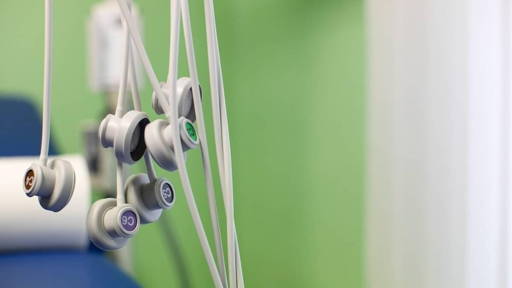Researchers at Northwestern University have achieved a major breakthrough with the development of the NIH Baby Toolbox, a new digital tool for monitoring the development of babies from just 16 days old to 42 months. Based on the earlier NIH Toolbox, which was used for children aged three and above, this tool fills a critical gap in early developmental diagnostics. For the first time, there is now a validated, nationally standardised measurement tool that enables clinicians and researchers to reliably and efficiently measure the cognitive, language, motor and social-emotional skills of babies and young toddlers.
The first version of the NIH Toolbox focused primarily on older children and adults, resulting in incomplete measurement of the early stages of child development. This was problematic because development in the first year of life and toddlerhood determines later learning and behavioural outcomes. Early developmental delays are often difficult to recognise, but have a major impact on later functioning. Timely detection and intervention are therefore crucial to prevent long-term problems.
Innovative technology
The NIH Baby Toolbox bridges this gap by using innovative technologies. Instead of traditional, often time-consuming testing methods, the tool uses video-supported tasks and gaze-based learning paradigms. This means that babies are shown videos and given tasks via a tablet that measure their developmental abilities in a natural and playful way. The tool does not require extensive equipment or intensive training of testers, making it widely applicable in clinical, research and even educational settings.
The development of the Baby Toolbox was an intensive process, in which the team first consulted more than 400 experts and conducted an extensive literature review. The selected measurement instruments had to meet strict criteria: they had to be valid, suitable for tablet use, applicable to the age group 16 days to 42 months, and quick and easy to administer and score. Because many existing tests did not meet these requirements, newly developed test material was integrated in collaboration with research institutes throughout the country.
Automated scoring system
The Baby Toolbox offers a fully automated scoring system that minimises administration time and maximises the reliability of the results. This makes it an accessible tool for doctors, researchers, and educational professionals. In addition, the tool fits seamlessly with the earlier NIH Toolbox for older children and adults, enabling longitudinal follow-up and monitoring.
Prior to its release, the researchers conducted a large-scale standardisation study with more than 2,500 babies and toddlers from diverse ethnic and linguistic backgrounds, including English-speaking and Spanish-speaking families. The results demonstrated high test-retest reliability, confirming the robustness and suitability of the tool in diverse populations.
Richard Gershon, principal investigator and expert in medical social sciences at Northwestern University, emphasises the impact of this development: ‘The NIH Baby Toolbox enables clinicians to accurately and early assess infant development for the first time. This helps identify developmental problems early on, so that interventions can be implemented more quickly. In doing so, the tool supports better healthcare and developmental outcomes from the very first days of life.’
The NIH Baby Toolbox is an innovative, reliable and user-friendly instrument that could revolutionise the monitoring and promotion of young children's development. It is a promising step towards more preventive and personalised care in paediatrics.









